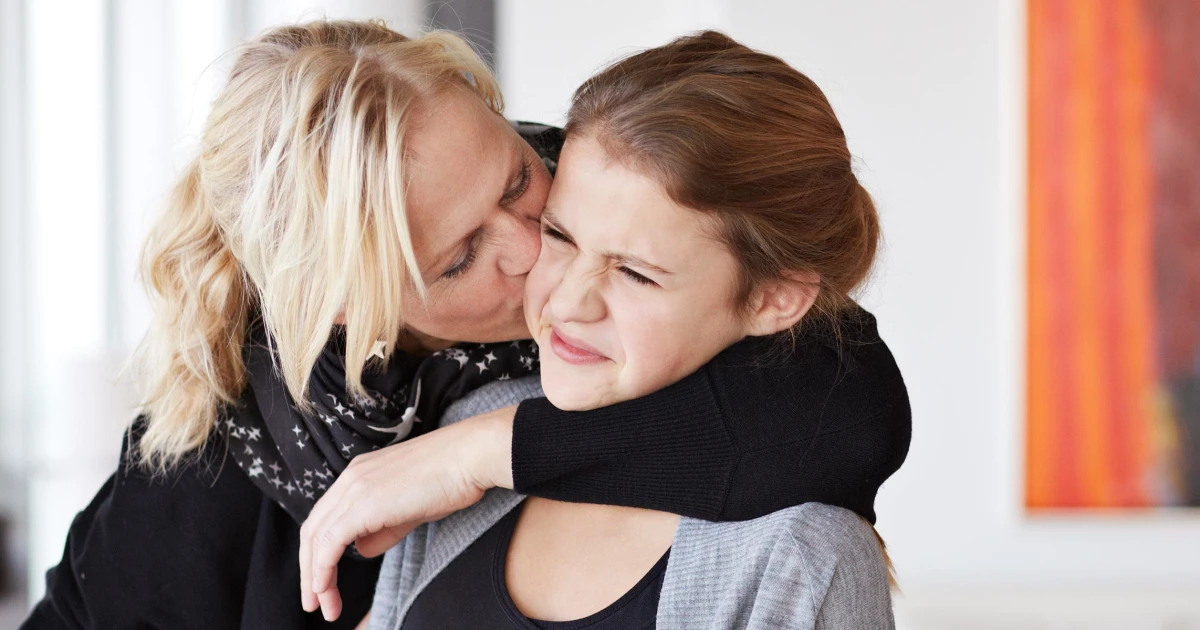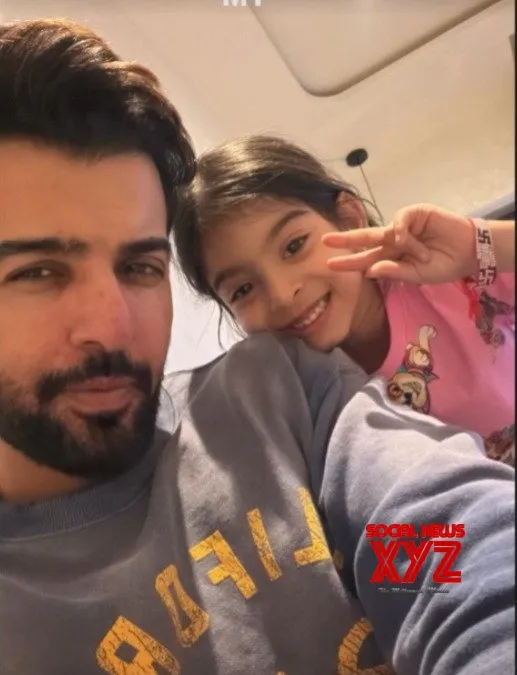Copyright TODAY

As Thanksgiving approaches, families across the country prepare for turkey, travel, and long-awaited reunions. Alongside the cranberry sauce and pumpkin pie often comes another seasonal tradition: the expected hug. Grandparents open their arms, distant relatives lean in for a squeeze, and parents quietly wonder how to navigate it when their child hesitates. In a season that celebrates gratitude and togetherness, the simple act of greeting family can turn into a delicate lesson in consent, comfort, boundaries. Dr. Deborah Gilboa, a parenting expert and family physician, says the holidays often highlight the tensions between good manners and bodily autonomy. “Physical touch should never be coercive,” Gilboa told TODAY.com. “It is super confusing to send kids the mixed messages of body privacy and body safety and then force them to do something intimate with their bodies.” Forcing children to accept unwanted affection can send a harmful message, according to Karen Days, the former president of the Center for Family Safety and Healing at Nationwide Children’s Hospital. Days explained that this kind of forced affection can teach children the wrong lesson: that people they know are always allowed to touch them. She pointed out that while parents often emphasize “stranger danger,” they don’t always stress that familiar adults must also respect personal boundaries. That gap in understanding, she said, can make it harder for children to recognize or report inappropriate behavior, because they might not even realize it crosses a line. Parents, Days said, need to help children understand that if something makes them feel uncomfortable, they don’t have to do it, even if it’s a hug requested by a grandparent, uncle, or cousin. Many adults, she noted, offer children hugs and kisses not out of bad intent but from a desire to feel loved and connected. Still, parents shouldn’t place their children in uncomfortable situations simply to spare a relative’s feelings. Managing these expectations can be tough. Some relatives will understand when parents explain that they’re teaching their children about consent. Others may not. And that’s where empathy and preparation can help. “The relatives should be forewarned and anyone who understands will ‘get it,’” Michele Borba told TODAY. Experts also stress that parents should talk with their children before family gatherings to better understand how they’re feeling. “Dig deeper to figure out why your child feels uncomfortable. Is it shyness? Doesn’t know the person? A past uncomfortable experience with the person?” Borba said “Could it be something more? It’s always good just to have a little chat.” Rather than forcing hugs, parents can encourage their children to set their own boundaries, and discover creative ways to show love and connect on their own terms. Maybe children offer a high-five, a fist bump, or a handshake instead. Or perhaps they share a picture they’ve drawn, show a video of themselves scoring a soccer goal or play a song just for that loved one. These thoughtful gestures still convey warmth, reminding relatives that affection can take many forms. Gilboa said these kinds of actions send a clear message: “I want to share with you. It is just my body that I am not comfortable sharing with you.”



